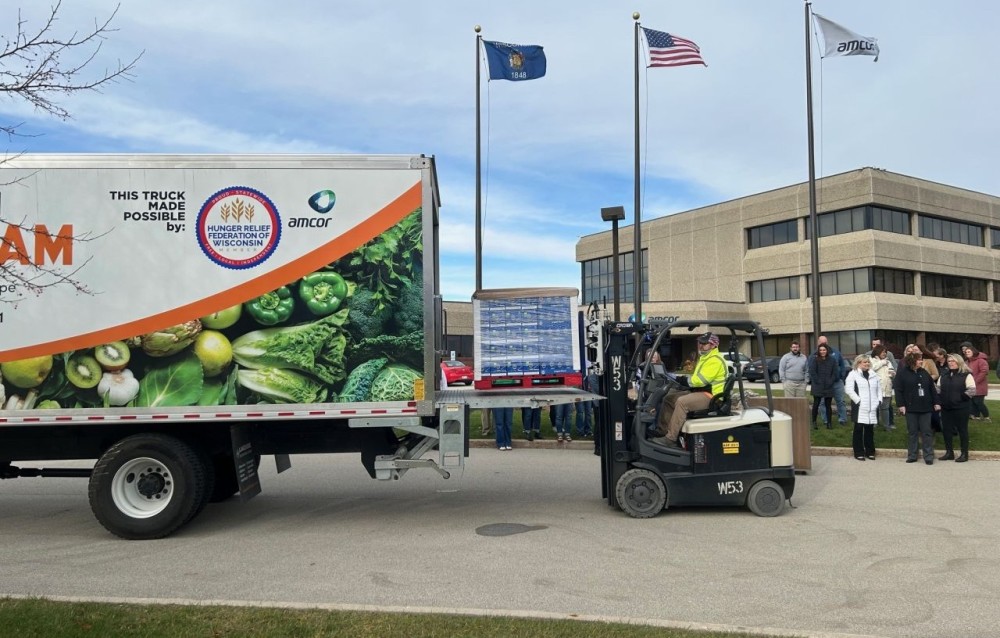The amount of foods and non-alcoholic beverages purchased from Australian supermarkets and other food retailers grew by over half a million tonnes in 2019-20, according to new food consumption data released today by the Australian Bureau of Statistics (ABS).
ABS health statistics spokesperson, Paul Atyeo, said: “In 2019-20, the average daily amount of store-bought foods and drinks increased by 2.2 per cent to 1.55 kg per person, up from 1.51 kg in 2018-19.
“That increase can be attributed to the surge in food retailing associated with the COVID-19 related restrictions, particularly in March, but also in April through to June 2020 as consumers relied more on supermarkets and less on dining out.”
The data also showed the potential nutritional impact of the increased purchasing.
“The average daily amount of energy from the food purchased from shops in March was 11,403 kJ per person which is 32 per cent more than March 2019 (8,658 kJ). However, much of this purchasing was to stock up household pantries, so this amount would overestimate people’s actual consumption in March.
Around one-third of the extra kilojoules recorded in March this year were from grain and cereal products, with the energy from pasta and noodles doubling (102 per cent) and energy from rice and flour more than doubling (124 per cent) compared to the previous March.
Energy from sugar also increased sharply (69 per cent), as did a number of other common staple categories such as fats and oils (e.g. olive oil and butter) which rose 53 per cent, meat and poultry products (up 22 per cent) and milk products increased by 15 per cent.
Among other contributors to the March peak in the dietary energy were a number of treat foods such as chocolate (up 28 per cent on March 2019), both sweet and savoury biscuits (up 21 per cent and 18 per cent respectively) and potato chips (up 19 per cent).








